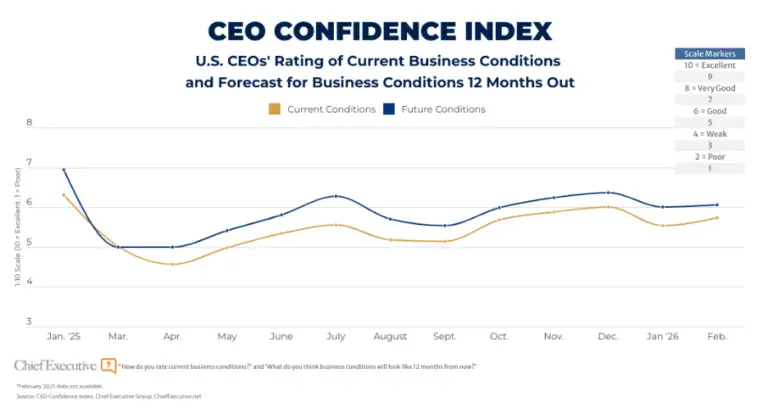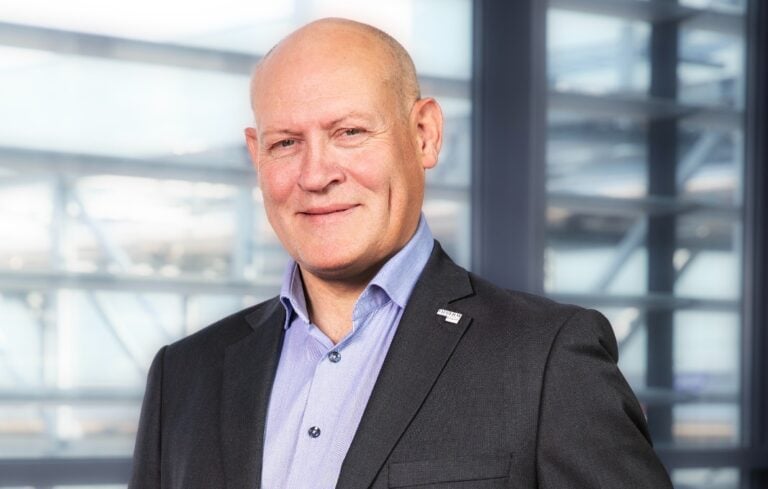One of 2011’s seminal business events, the death of Steve Jobs, has heightened the discussion in business circles about the role of innovation in corporate success and reputation (Apple has been ranked #1 in just about every corporate reputation survey conducted in the past four years). Whether one believes Jobs was an original innovator, or as Malcolm Gladwell postulated in a New Yorker article that he was actually a “tweeker” of other people’s ideas, there is no debate over Apple’s powerful growth and profitability resulting from the cascade of successful new products introduced in the past nine years.
Even before Jobs passed away, at least one study found that innovation was moving up on the priority list of CEOs this year. According to PwC’s 14th Annual Global CEO Survey, innovation “has gained prominence among global chief executives’ strategic priorities as a means of boosting revenues and reducing costs.” For the first time since this survey has been conducted, CEOs said they are “just as likely to focus on innovation to achieve growth as on exploiting existing markets.”
My review of corporate reputation ranking systems suggests that innovation has become the most important of the reputational components referred to as “intangible assets” (assets which cannot be quantified on a company’s balance sheet). The pioneering work of New York University accounting professor Baruch Lev concluded that intangible assets, including patents and trademarks, corporate culture and talent management, have become major drivers of corporate financial value in an era where intellectual capital is such an important part of a company’s assets, often surpassing the value of brick and mortar assets. (Financial performance remains the primary determinant of corporate reputation, according to most reputation measurement systems).
While companies normally quantify their R&D investments, the hundreds of millions or billions of dollars often have nothing to do with how innovative a company is, if innovation is defined as bringing new products to market successfully. In fact, Booz & Company’s 2011 Global Innovation 1000 study concluded that spending more on R&D “won’t drive results.” The Booz authors noted: “There is no statistically significant relationship between financial performance and innovation spending, in terms of either total R&D dollars or R&D as a percentage of revenues. Many companies – notably Apple – consistently underspend their peers on R&D investments while outperforming them on a broad range of measures of corporate success, such as revenue growth, profit growth, margins, and total shareholder return.”
Instead, this study noted that the most crucial factors are “strategic alignment and a culture that supports innovation.” Booz found that companies with highly aligned cultures and innovation strategies have 30 percent higher enterprise value and 17 percent higher profit growth than those that don’t. Clearly, a culture that prioritizes the role innovation plays in bringing new products to market was demonstrated by Jobs’ second stint at Apple.
However, other studies in the past few years have shown that the stock market, at least, values R&D spending as an indicator of innovation. A 2008 survey of R&D programs at 69 publicly traded companies concluded that the stock market rewards companies with stronger R&D investments, and tends to punish those that reduce R&D spending. That survey, called “Do Innovations Really Pay Off? Total Stock Market Returns to Innovation,” was conducted by marketing professors Gerard Tellis at the University of Southern California and Emory University’s Ashish Sood.
This study found that the stock market rewards companies on average 4.5 years before the actual product launch based on existing R&D efforts, and that the highest stock market returns are for the development, as opposed to the commercialization stage. In fact, the study concluded that the lowest returns come with the actual launch event because the market anticipates returns well ahead of the launch.
While few are likely to duplicate Steve Jobs’s track record, other companies in very different industries from high tech have used innovation to achieve substantial revenue and profit growth for years at a time. In making decidedly “low tech” consumer products, Procter & Gamble, under A.G. Lafley, employed a variety of processes, ranging from talking to consumers at the point of purchase to expanding its innovation network to sources outside the company across the globe to identify new product ideas that could be commercialized (the so-called “open innovation” approach). Like Apple in that period, P&G introduced hugely successful products ranging from Swiffer dust sweepers to Febreze air refreshers.
For CEOs, an innovation strategy is critically important to the company’s reputation, whether measured by investors, distributors or employees. Ultimately, new products and services that excite customers are what will keep customers coming back to the company, driving sales, profits and share price. Not having an innovation strategy puts the company’s reputation, and its future, at risk.






